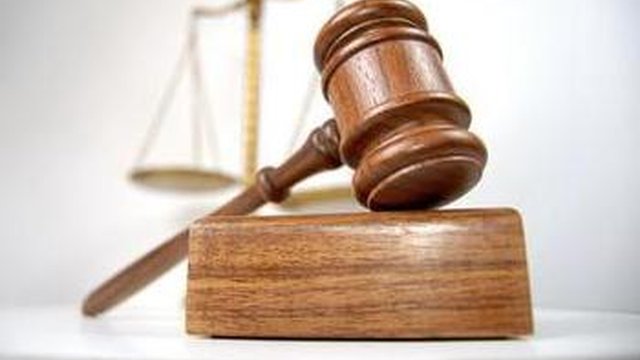U.K. Supreme Court this week to hear Ukraine v Russia $3 bln bond case

The Supreme Court of the United Kingdom starts hearing appeals from the Russian Federation and Ukraine on $3 billion eurobonds issued by Ukraine in 2013, according to an announcement on the website of the court.
According to the report, the Law Debenture Trust Corporation Plc, presenting the interests of the Russian Federation, is appealing that whether the claim (or any of its aspects) ought to be stayed and whether there is any "domestic foothold" for the allegations of duress made by Ukraine or whether the foreign act of state doctrine is relevant to or engaged by the allegations such that they are non-justiciable before the English Court. Ukraine, which is satisfied with the court decision, is appealing three thesis from the court decision.
The Supreme Court said that the hearing finish date is December 12.
Justices are Lord Reed, Lord Carnwath, Lord Hodge, Lord Lloyd-Jones, and Lord Kitchin.
In summer this year, Ukraine said in its bond offering memorandum that Ukraine expects that that judgment would likely be handed down sometime in the first half of 2020, although the Supreme Court is not subject to any deadline in that regard.
As reported, on February 17, 2016, the Law Debenture Trust Corporation Plc, representing the interests of the Russian Federation as the holder of Ukraine's $3 billion eurobonds, on behalf of the Ministry of Finance of Russia filed a lawsuit with the High Court of London of England and Wales seeking payment of principal and accrued interest due under the December 2013 notes. Ukraine denies the validity and enforceability of the December 2013 notes and appealed the decision.
The Court of Appeal decided on September 14, 2018 that the case ought to be heard by the court of lower instance. The Court of Appeal confirmed the lawfulness of the refusal of Ukraine to hear three of the four grounds that it stated in order to avoid fulfilling obligations on these eurobonds. At the same time, the court found that the fourth argument that the issue of eurobonds was made under pressure from Russia could not be rejected without a comprehensive trial.
Both parties appealed the decision with the Supreme Court of the United Kingdom.










